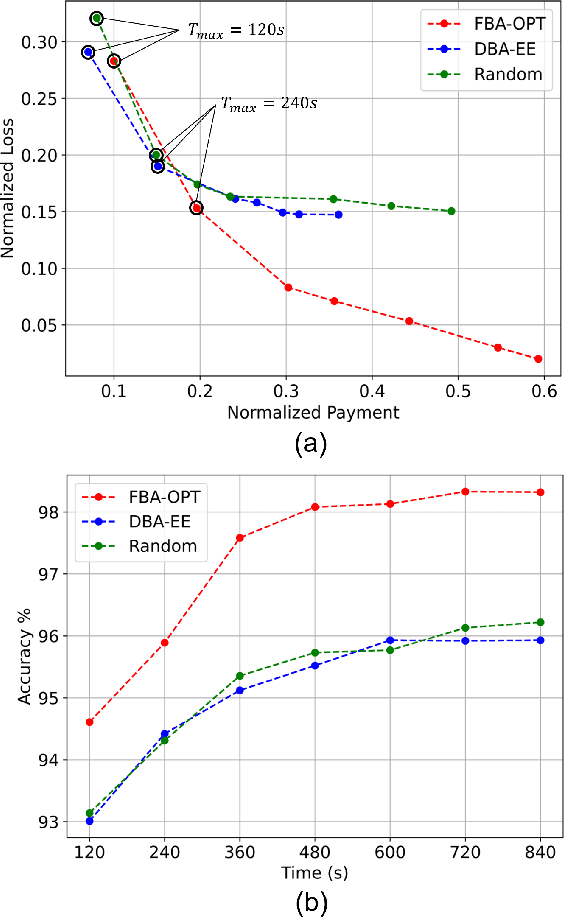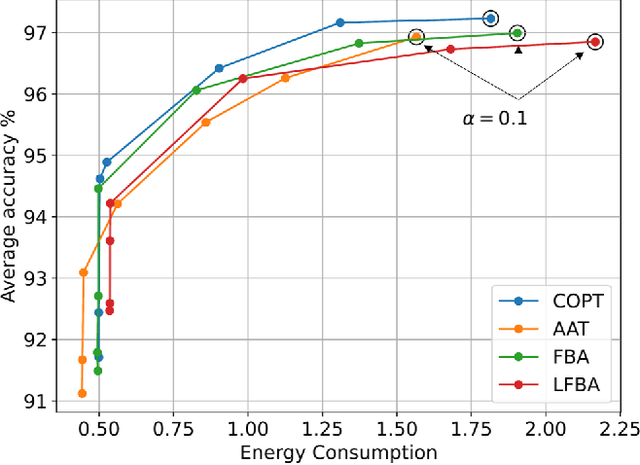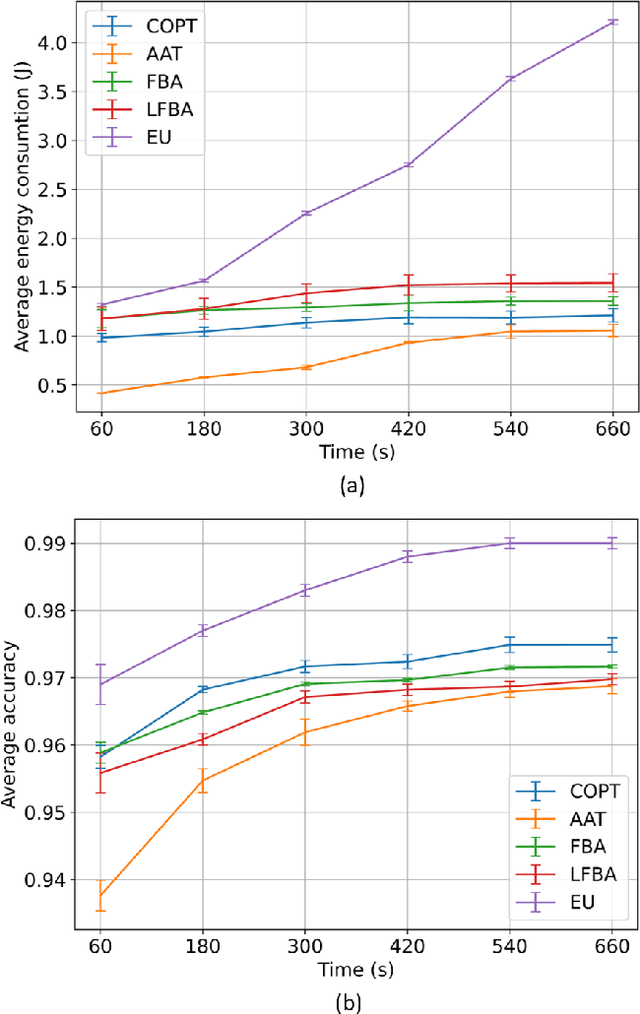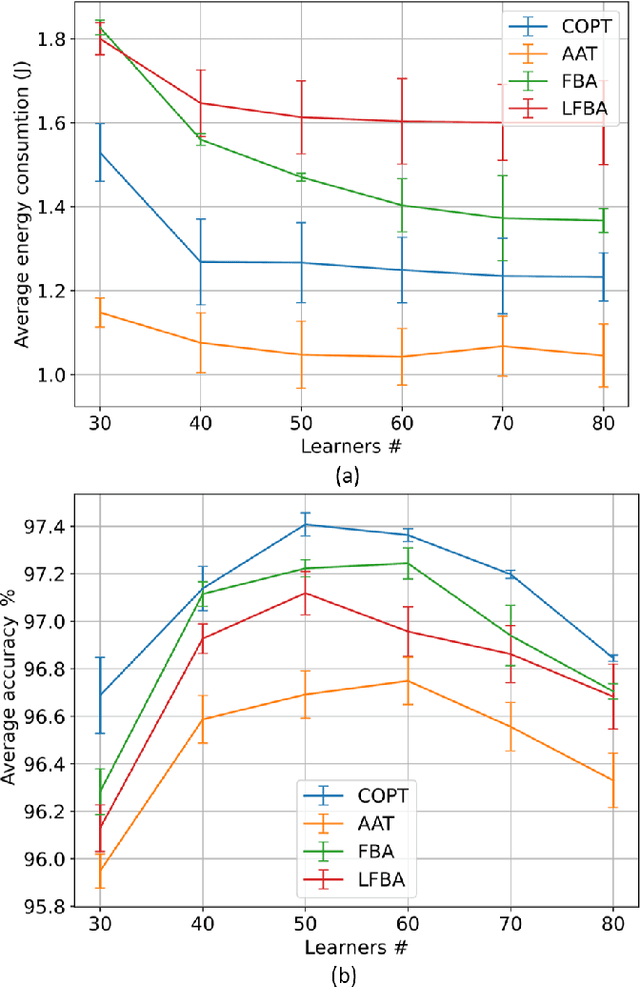Mhd Saria Allahham
Zero-touch realization of Pervasive Artificial Intelligence-as-a-service in 6G networks
Jul 21, 2023



Abstract:The vision of the upcoming 6G technologies, characterized by ultra-dense network, low latency, and fast data rate is to support Pervasive AI (PAI) using zero-touch solutions enabling self-X (e.g., self-configuration, self-monitoring, and self-healing) services. However, the research on 6G is still in its infancy, and only the first steps have been taken to conceptualize its design, investigate its implementation, and plan for use cases. Toward this end, academia and industry communities have gradually shifted from theoretical studies of AI distribution to real-world deployment and standardization. Still, designing an end-to-end framework that systematizes the AI distribution by allowing easier access to the service using a third-party application assisted by a zero-touch service provisioning has not been well explored. In this context, we introduce a novel platform architecture to deploy a zero-touch PAI-as-a-Service (PAIaaS) in 6G networks supported by a blockchain-based smart system. This platform aims to standardize the pervasive AI at all levels of the architecture and unify the interfaces in order to facilitate the service deployment across application and infrastructure domains, relieve the users worries about cost, security, and resource allocation, and at the same time, respect the 6G stringent performance requirements. As a proof of concept, we present a Federated Learning-as-a-service use case where we evaluate the ability of our proposed system to self-optimize and self-adapt to the dynamics of 6G networks in addition to minimizing the users' perceived costs.
* IEEE Communications Magazine
Motivating Learners in Multi-Orchestrator Mobile Edge Learning: A Stackelberg Game Approach
Sep 25, 2021

Abstract:Mobile Edge Learning (MEL) is a learning paradigm that enables distributed training of Machine Learning models over heterogeneous edge devices (e.g., IoT devices). Multi-orchestrator MEL refers to the coexistence of multiple learning tasks with different datasets, each of which being governed by an orchestrator to facilitate the distributed training process. In MEL, the training performance deteriorates without the availability of sufficient training data or computing resources. Therefore, it is crucial to motivate edge devices to become learners and offer their computing resources, and either offer their private data or receive the needed data from the orchestrator and participate in the training process of a learning task. In this work, we propose an incentive mechanism, where we formulate the orchestrators-learners interactions as a 2-round Stackelberg game to motivate the participation of the learners. In the first round, the learners decide which learning task to get engaged in, and then in the second round, the amount of data for training in case of participation such that their utility is maximized. We then study the game analytically and derive the learners' optimal strategy. Finally, numerical experiments have been conducted to evaluate the performance of the proposed incentive mechanism.
Energy-Efficient Multi-Orchestrator Mobile Edge Learning
Sep 02, 2021



Abstract:Mobile Edge Learning (MEL) is a collaborative learning paradigm that features distributed training of Machine Learning (ML) models over edge devices (e.g., IoT devices). In MEL, possible coexistence of multiple learning tasks with different datasets may arise. The heterogeneity in edge devices' capabilities will require the joint optimization of the learners-orchestrator association and task allocation. To this end, we aim to develop an energy-efficient framework for learners-orchestrator association and learning task allocation, in which each orchestrator gets associated with a group of learners with the same learning task based on their communication channel qualities and computational resources, and allocate the tasks accordingly. Therein, a multi objective optimization problem is formulated to minimize the total energy consumption and maximize the learning tasks' accuracy. However, solving such optimization problem requires centralization and the presence of the whole environment information at a single entity, which becomes impractical in large-scale systems. To reduce the solution complexity and to enable solution decentralization, we propose lightweight heuristic algorithms that can achieve near-optimal performance and facilitate the trade-offs between energy consumption, accuracy, and solution complexity. Simulation results show that the proposed approaches reduce the energy consumption significantly while executing multiple learning tasks compared to recent state-of-the-art methods.
 Add to Chrome
Add to Chrome Add to Firefox
Add to Firefox Add to Edge
Add to Edge